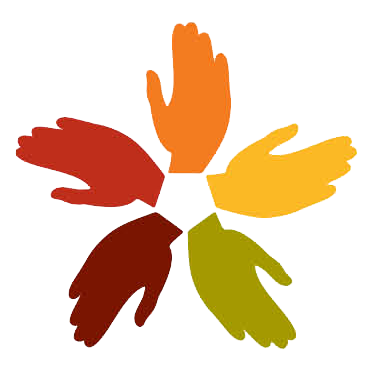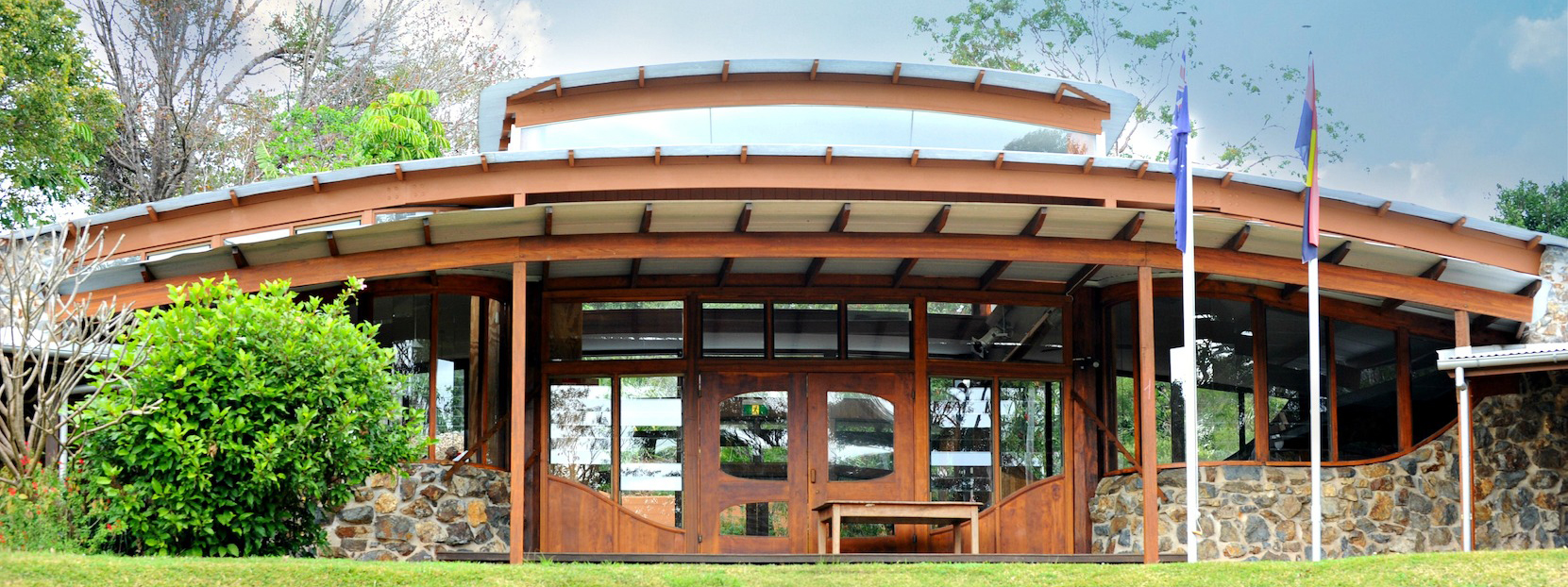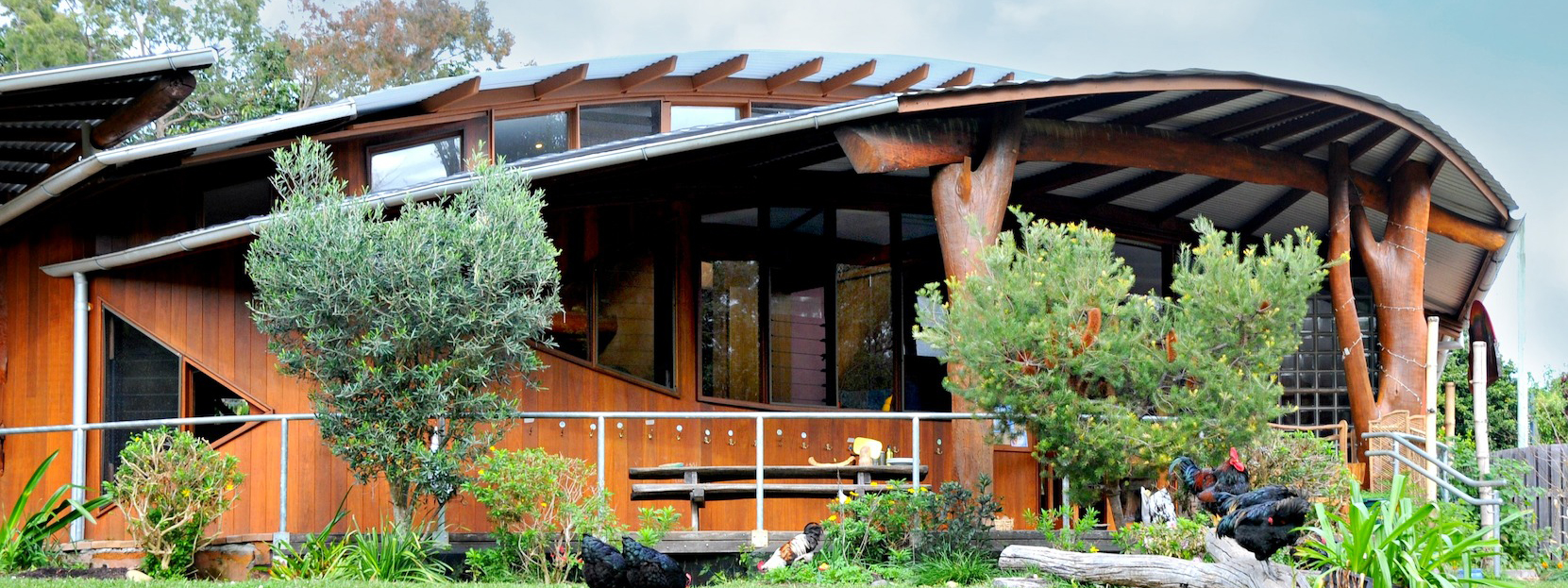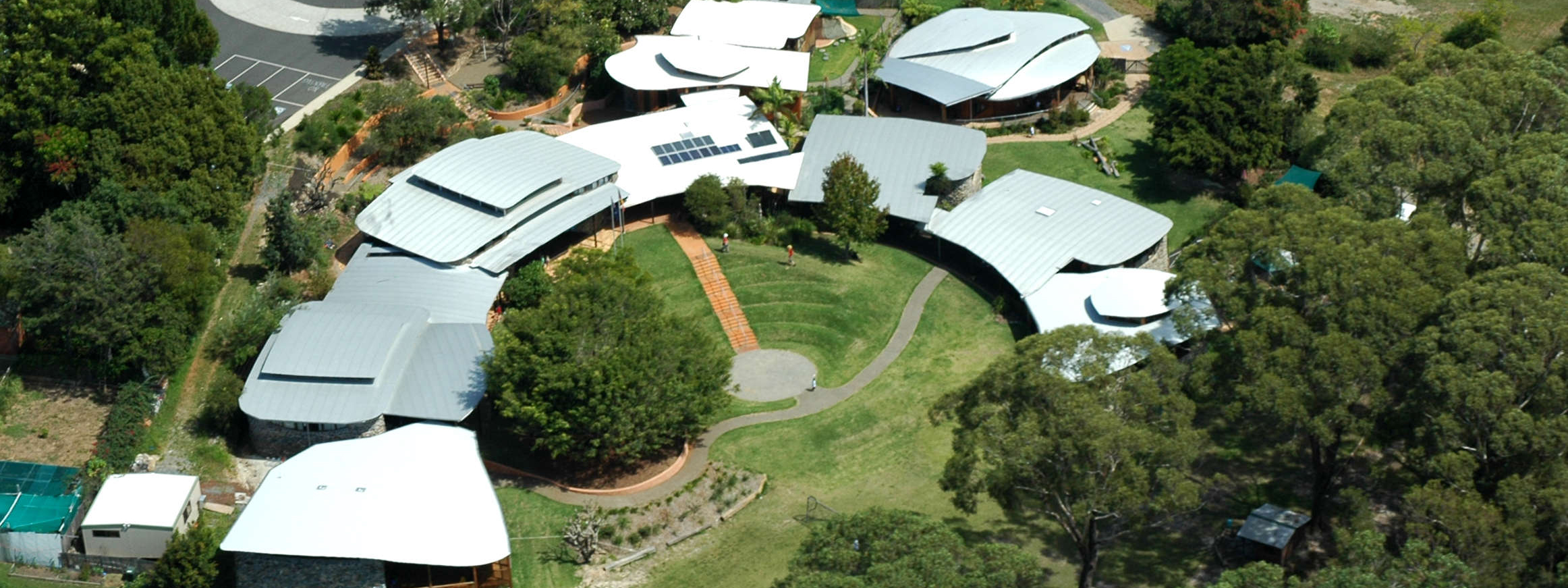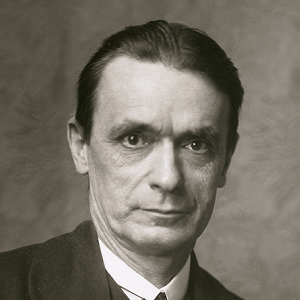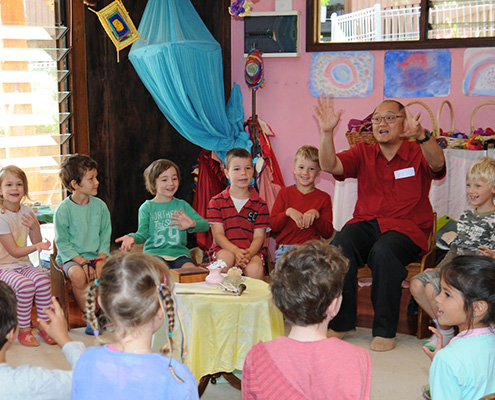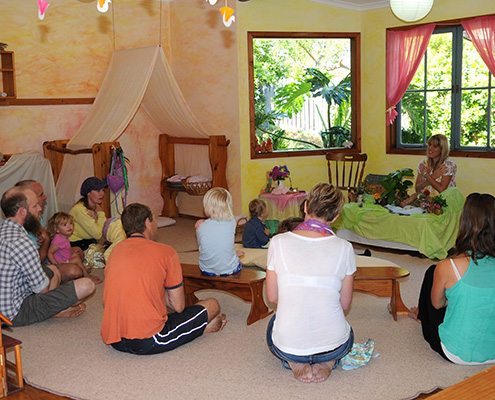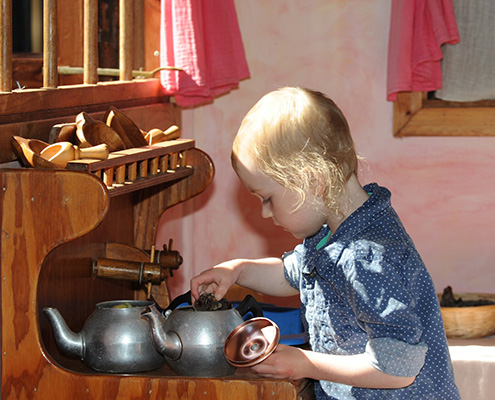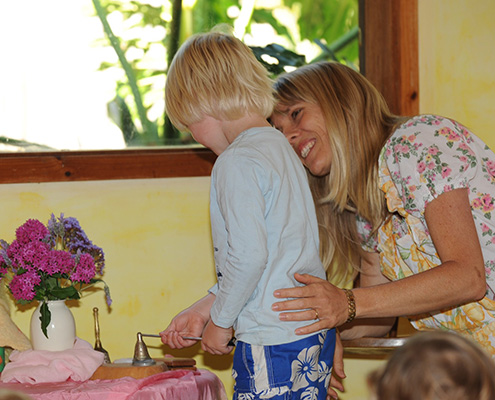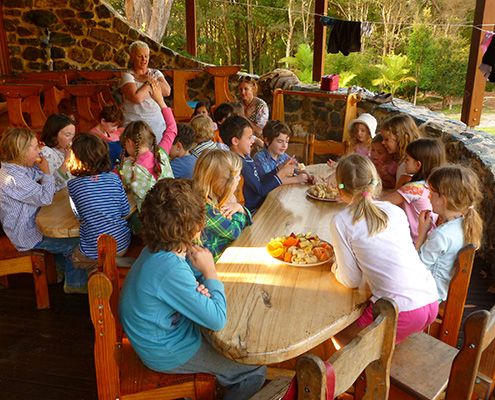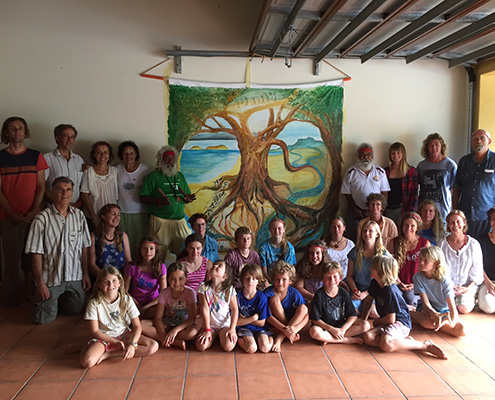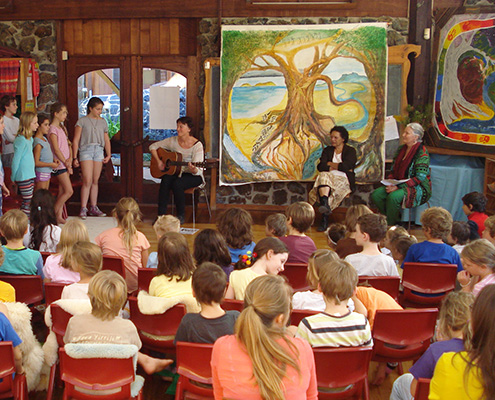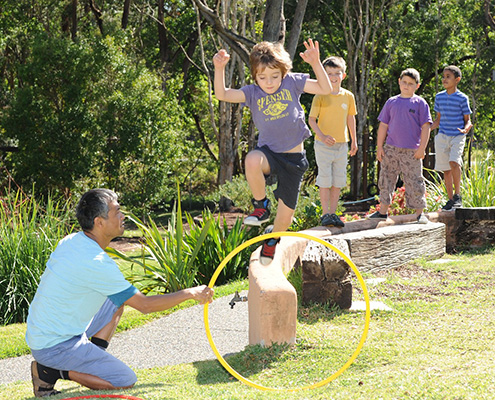The Relationship Between Teacher and Class – A Long Term Commitment
One of the fundamental principles of Steiner education is the profound importance of the class teacher and the long-term relationship between the teacher and the class.
During their years together, children build very strong relationships with the children of their class, their families and their class teacher. Teachers come to know where each child needs further development in the academic, artistic and social spheres of their lives. The constancy of the class teacher in their lives also brings a feeling of a family group to the class. We have seen that many friendships among Steiner graduates last well into and beyond high school.
Where possible, a class teacher will be with their class for up to six years. During that time, relationships between teacher and students will go through different stages. The class teacher changes their teaching style at each year level, according to the developmental needs of the class.
During the class teacher journey, a real partnership develops between teacher and the families of the children, providing a strong base for resolving differences that might occur as the children get older and start to relate to the world around them with more questions. Teachers strive to work closely with families to find solutions to arising difficulties and to support the children’s development through all their phases.
Competition Versus Cooperation
It may well be said that the only worthwhile competition is with yourself, to outgrow what you are and to strive to become what you might become. The question is not so much whether or not you are better than another, but rather whether you are the best you can be. Steiner schools prefer to encourage aspiration rather than competition.
How people cope in a competitive world depends on their self-esteem. If they leave school with an inner confidence in their ability to grow to meet the demands of a situation, they will be able to live their lives positively and constructively. A teacher will encourage each student to be the best they can be and find many opportunities to acknowledge to the whole class the achievements of individual students as they show particular strengths. Similarly, as students overcome weaknesses, the whole class celebrates their successes.
Festivals
The seasons and cultural festivals are celebrated to bring awareness to the children of the greater rhythms in nature and the world around them. The Harvest Festival in autumn, the Mid-Winter Festival on the solstice, spring and the approach of summer and Christmas are all celebrated with community events, songs, poems, dance, plays and food. In our busy lives today, there is often a lack of tradition, time to stop and reflect, and to be part of a wider community. These opportunities are highly valued by the children, their families and the staff and at each festival former students and their families return to experience this sense of community togetherness.
